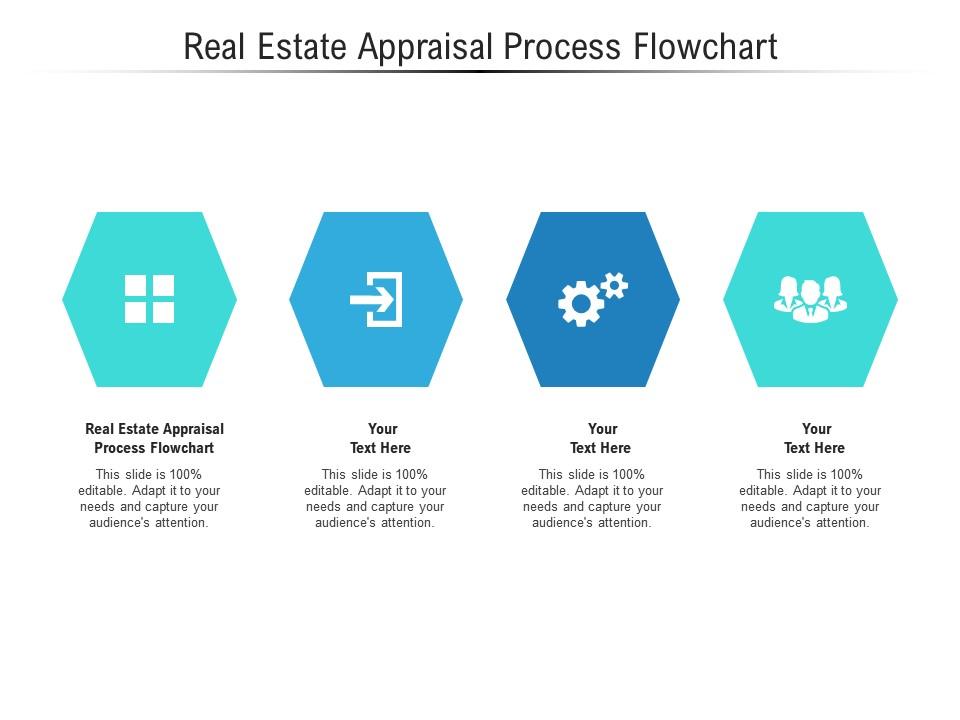
How Appraisers Determine the True Value of Your Home is a critical topic for anyone looking to buy or sell property. Understanding the appraisal process can demystify the often complex real estate market and empower homeowners with knowledge about their investments. Appraisers play a vital role in evaluating properties, using a variety of methods and data to establish value, which can make or break a sale.
From understanding key appraisal terms to knowing the factors that influence property value, this guide will walk you through the entire appraisal process, helping you see your home through an appraiser’s eyes. So, let’s dive into the world of real estate appraisals and discover how your home’s worth is determined.
Welcome to our discussion on the fascinating world of real estate appraisal! Whether you’re a homeowner, investor, or just curious about how property values are determined, you’ve landed in the right spot. In this post, we’re going to break down the complex topic of real estate appraisal into easy-to-understand concepts that everyone can grasp. So, grab a cup of coffee, sit back, and let’s dive in!
What is Real Estate Appraisal?
At its core, real estate appraisal is the process of determining the fair market value of a property. This value is crucial for various reasons. If you’re buying, selling, or refinancing a home, understanding its value helps you make informed decisions. Appraisals are also often required by lenders to ensure that the amount they’re lending is justified by the property’s worth.
Why is Appraisal Important?
Understanding property value is essential for multiple stakeholders:

- Homeowners: Knowing your home’s value can help you sell it at the right price.
- Buyers: It ensures that you’re not overpaying for a property.
- Lenders: Banks need to confirm that they’re not lending more than what the property is worth.
- Investors: Understanding property value helps investors make smart buying decisions.
How is Property Value Determined?
The appraisal process involves several factors and methodologies. Appraisers generally use three primary approaches to determine the value of a property:
1. The Sales Comparison Approach
This is the most common method used for residential properties. Appraisers look at the sale prices of similar properties in the area, known as comparables (or “comps”). Adjustments are made for differences between the properties, such as size, condition, and location. This method relies heavily on the principle of substitution: a buyer wouldn’t pay more for a property than it would cost to purchase a comparable one.
2. The Cost Approach, How Appraisers Determine the True Value of Your Home
This method is often used for unique or new properties where good comparables are hard to find. It calculates the value based on the cost to replace or reproduce the property, minus depreciation. Essentially, it answers the question: “What would it cost to construct this property today, and how much value has it lost over time?”
3. The Income Approach
This approach is primarily used for investment properties. It calculates value based on the income the property generates (or is expected to generate) and applies a capitalization rate. This method is particularly useful for commercial real estate, where the income-producing potential plays a significant role in determining value.
Factors that Influence Property Value
Numerous factors can affect a property’s value. Here are a few key considerations:
- Location: Proximity to schools, shopping, public transportation, and amenities.
- Market Conditions: The current state of the real estate market can greatly influence values.
- Property Size and Layout: Square footage, number of bedrooms, and overall layout can impact desirability.
- Condition of the Property: Upgrades, renovations, and overall upkeep play a significant role in valuation.
- Neighborhood Trends: Gentrification or decline in an area can shift property values.
Common Myths About Real Estate Appraisals
Let’s clear the air about some common misconceptions:
- Myth 1: An appraisal is the same as a home inspection. Truth: While both assess property condition, appraisals focus on value, and inspections focus on issues affecting safety and livability.
- Myth 2: Appraisers are biased towards lenders. Truth: Appraisers are trained to provide an objective opinion of value, regardless of who orders the appraisal.
- Myth 3: You can’t dispute an appraisal. Truth: If you believe an appraisal is inaccurate, you can request a review or provide evidence for a reconsideration.
Conclusion: How Appraisers Determine The True Value Of Your Home
Understanding real estate appraisal is vital for anyone involved in property transactions. Whether you’re buying, selling, or investing, knowing how appraisals work can significantly influence your financial outcomes. Remember, the key factors that affect property value include location, market conditions, property features, and neighborhood trends. And don’t let common myths deter you from seeking a fair appraisal!
Thanks for reading! If you have any questions or want to share your thoughts on real estate appraisals, feel free to drop a comment below. Happy house hunting!

FAQ
What is the average time for a home appraisal?
The average time for a home appraisal is typically between one to two weeks, depending on the appraiser’s workload and the complexity of the property.
Do appraisers consider renovations?
Yes, appraisers take renovations into account, especially if they significantly improve the property’s value and condition.
Can I challenge an appraisal if I think it’s too low?
Yes, you can challenge an appraisal by providing additional data or a second opinion from another appraiser.
How often should a home be appraised?
It’s generally recommended to have a home appraised every 3 to 5 years, especially if you’ve made significant improvements or if market conditions have changed.
What happens if a home appraises below the sale price?
If a home appraises below the sale price, buyers may need to renegotiate the price, provide a larger down payment, or seek a different financing option.


